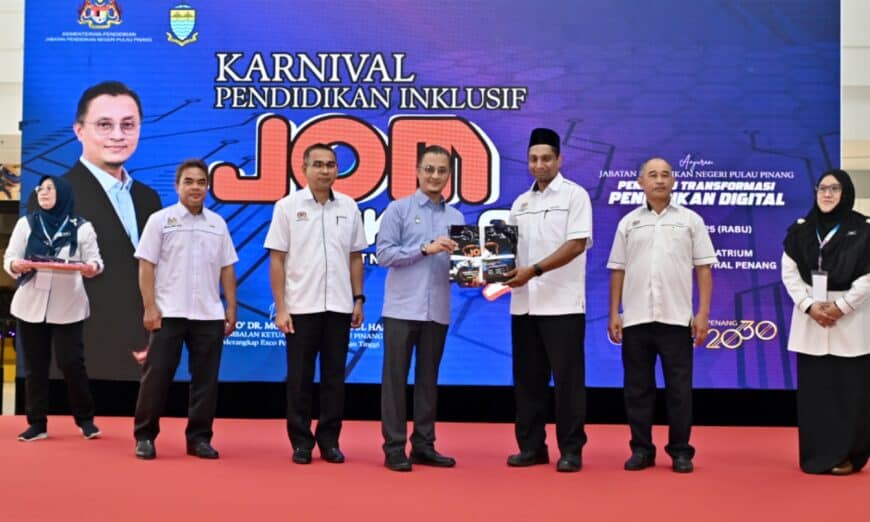THE Penang government is aiming to achieve a zero student dropout rate by the year 2030, in line with its commitment to inclusive and equitable education for all.
Deputy Chief Minister I Prof Datuk Dr Mohamad Abdul Hamid said the current student dropout rate in the state stands at eight percent, with two to five percent involving students from religious schools (tahfiz), while the remaining percentage comprises those who are not enrolled in any formal education.
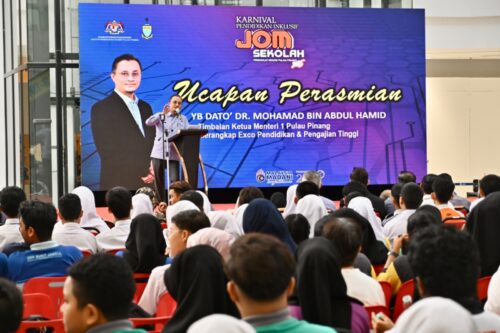
“It is crucial for all relevant stakeholders to join forces to ensure that the dropout rate is significantly reduced by 2030.
“The state government remains committed to providing equal access to education for every child in Penang, regardless of their background.
“This effort aligns not only with the Penang2030 vision, but also with the principles of Malaysia Madani and the United Nations Sustainable Development Goals (SDGs),” Dr Mohamad said during his speech at the ‘Jom Sekolah’ Education Carnival held at Sunshine Central in Air Itam today.
Also present was Penang Education Department deputy director Mohamad Dziauddin Mat Saad.
Organised by the Penang Education Department, the one-day education fair serves as a platform to engage students, parents, and educators in efforts to curb school dropouts.
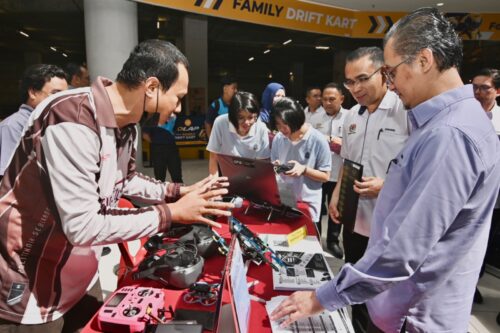
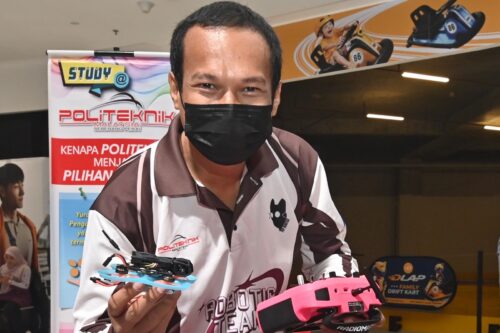
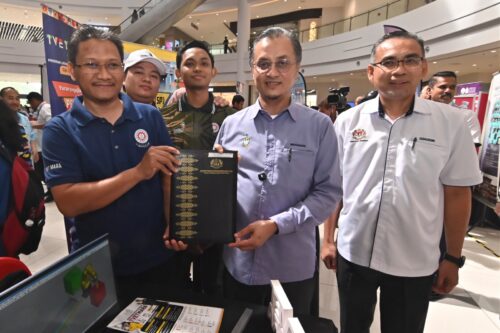
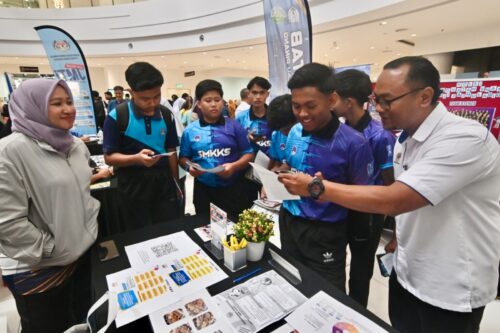
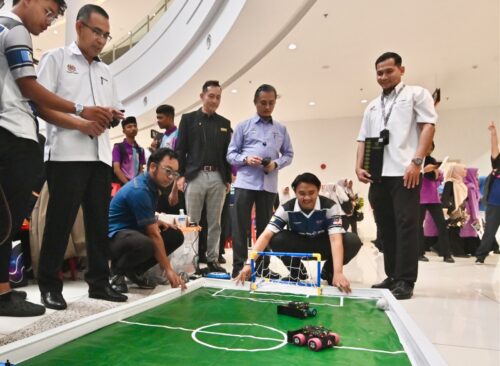
Dr Mohamad highlighted that achieving success in delivering inclusive education requires a comprehensive, whole-of-society approach.
“This includes cooperation from every segment of the community namely government agencies, private sector players, community leaders, and non-governmental organisations (NGOs). The responsibility should not fall on schools alone.
“That is why today’s carnival is a vital platform to raise awareness and reduce the school dropout rate in Penang,” he said.
Touching on the programme itself, Dr Mohamad shared that the event is held annually by the state’s Education Department.
“I’m pleased to see more than 300 students from various schools across Penang participating in today’s programme.
“In addition to forums, this event also offers knowledge-sharing sessions and highlights alternative education pathways, such as Technical and Vocational Education and Training (TVET), making it a holistic learning experience.
“Every child has a unique potential. If we guide them today, they will lead the state tomorrow,” he concluded.
Story by Riadz Akmal
Pix by Law Suun Ting

